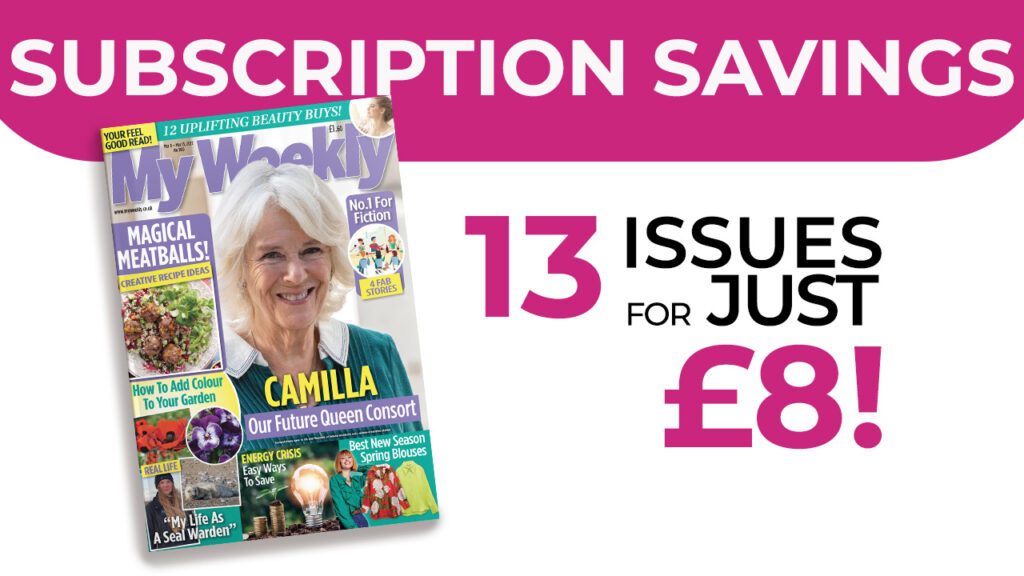Holiday Scams: Don’t Get Caught Out

Looking forward to a holiday? Searching for a last minute bargain? Watch out for the ones that are too good to be true!
The Scambusters – Louise Baxter from the National Trading Standards Scams Team and James Walker from Rightly – are here to help us take control, know how to spot a scam and what to do about it.
Preying on optimism
Criminals can expertly design websites that seem professional and convincing, using images of luxury villas and apartments for addresses that don’t exist to convince you they’re trusted and genuine.
There have been increasing reports of holiday scams since the world has started to open up again after Covid, playing on people’s dreams of a welcome break away.
After the past two years, most of us are craving time away to recharge. But do take care. Criminals play on these consumer vulnerabilities and optimism.
What do holiday scams look like?
Examples we have seen include:
- Fake booking websites
- Phishing scams where people are emailed with ‘too good to be true’ deals
- Holiday cancellation refund scams
Make sure you book a holiday with a reputable travel company or agent that is a member of a trade body such as ABTA or ATOL.
If you’re unsure, please contact the company directly. Don’t ever use a number you’re provided with in an email.
Taking a moment to stop and think before parting with your money or information could keep you safe.
Scambusters Mailbag
How can I protect myself from these scams?
Scambusters say, “Take five minutes to think before you respond. And use our five-point rule:
- Beware of “too good to be true” offers or prices. If it’s at a rock bottom price, ask yourself why.
- Read terms and conditions and research the organisation you’re booking through before making any purchases. Verify that addresses exist through web searches and online maps.
- Use a company that is a member of a trade body such as ABTA or ATOL.
- Always use the secure payment options that are recommended by reputable online travel providers (PayPal, Opayo (formerly Sage Pay) and Rapyd are all good).
- Finally, be sure to use a credit card when making purchases over £100 and up to £30,000. This way you receive protection under Section 75 of the Consumer Credit Act. It could help you get your money back if you are scammed.
Oh no… I think I may have fallen for one of these scams. What should I do?
Scambusters say, “If you think that you have been taken in by a scam, take these two immediate
steps:
- Firstly, speak to your bank. Ask them to consider a refund. There is a specific code set up for these cases, so the bank should consider all the facts you give them.
- We would also ask you to report the details to Action Fraud on 0300 123 2040 or via actionfraud.police.uk.”
Tip of the week
Check the email address that sent the message. You can do this by clicking on the email address – this will not put you at any risk. The sending email address should come from an email that includes the company address.
If you believe you’ve fallen for a scam, contact your bank immediately on a number you know to be correct, such as the one listed on your statement, their website or on the back of your credit or debit card.
Report it to Action Fraud on 0300 123 2040 or via actionfraud.police.uk. If you are in Scotland, please report to Police Scotland directly by calling 101 or Advice Direct Scotland on 0808 164 6000.









